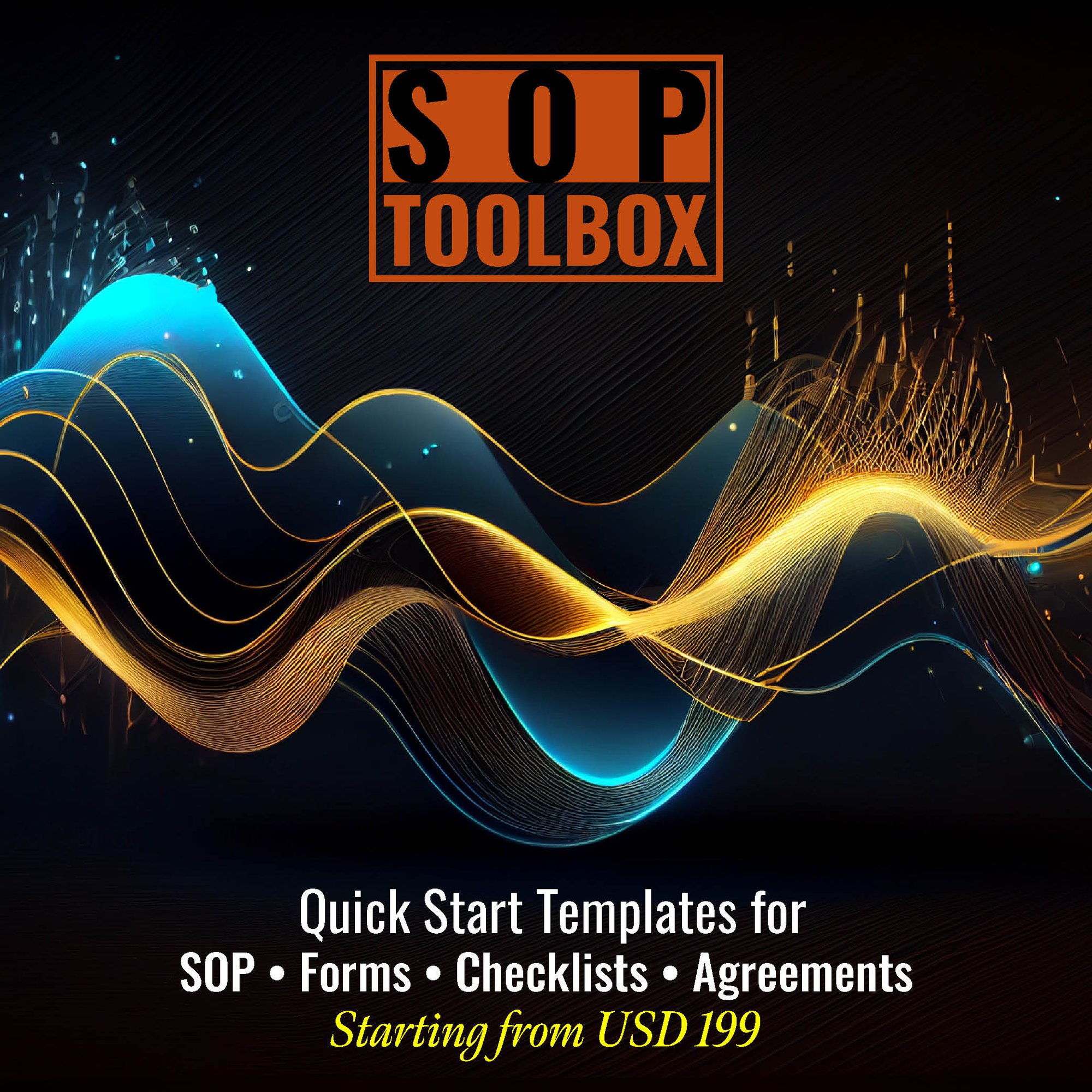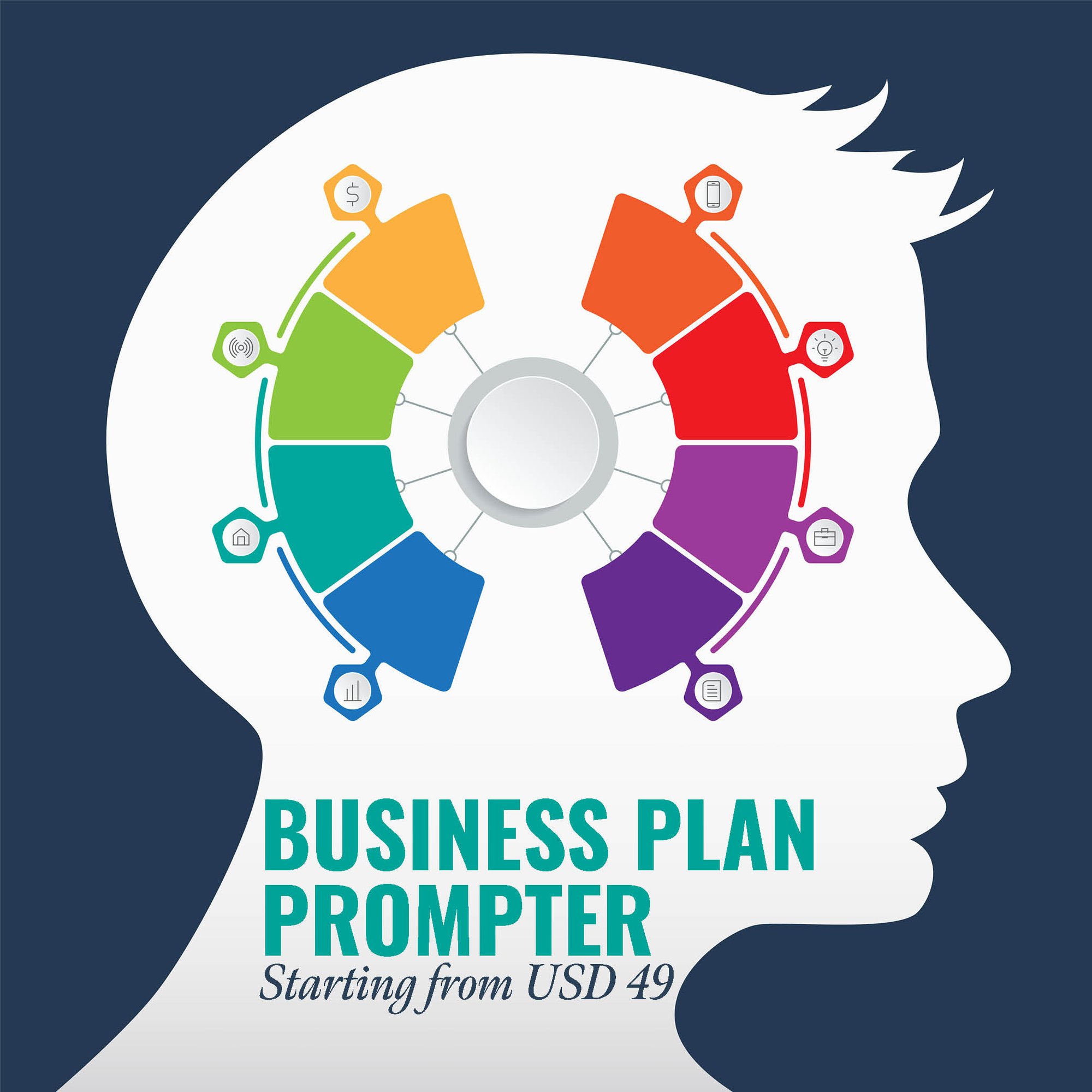Innovation Management Procedures refer to a set of structured processes designed to help organizations develop, evaluate, and implement new ideas, products, or services. These procedures encompass all stages of innovation, from ideation and concept development to execution and commercialization. By fostering a culture of innovation, organizations can stay competitive in a rapidly changing marketplace. Effective innovation management ensures that new initiatives align with business objectives, resources are optimized, and risks are mitigated. It encourages creativity, collaboration, and systematic approaches to bringing fresh solutions to market, driving growth and improvement.
Fhyzics Business Consultants offers specialized templates on Innovation Management Procedures to help organizations effectively drive innovation and enhance business performance. These templates are designed to provide clear frameworks for developing and executing innovative strategies while maintaining alignment with organizational goals.
By utilizing Fhyzics’ templates, companies gain a structured approach to innovation, enabling them to identify potential opportunities, assess risks, and allocate resources efficiently. The templates guide businesses through various stages of the innovation process, such as idea generation, feasibility studies, prototype development, and market testing.
These templates also facilitate collaboration across departments and teams, ensuring a smooth flow of information and ideas. With clear guidelines on managing timelines, budgets, and stakeholder engagement, organizations can optimize the innovation process, ensuring a faster time-to-market for new products or services.
Additionally, Fhyzics’ templates allow for the assessment of the impact of innovation on organizational goals, providing key performance indicators (KPIs) for monitoring success. This structured approach leads to increased creativity, a more consistent output of viable innovations, and a stronger competitive edge in the marketplace, helping organizations grow and evolve.
Top 10 benefits of Innovation Management Procedures
1. Increased Competitiveness: Drives differentiation in the marketplace.2. Improved Efficiency: Streamlines the innovation process, saving time and resources.
3. Enhanced Creativity: Fosters a culture of idea generation and creative thinking.
4. Better Decision Making: Provides structured frameworks for evaluating innovative ideas.
5. Risk Mitigation: Identifies potential challenges early in the process.
6. Faster Time-to-Market: Expedites the development of new products and services.
7. Higher ROI: Increases returns by focusing on valuable innovations.
8. Employee Engagement: Encourages team collaboration and input.
9. Scalability: Makes it easier to scale successful innovations.
10. Sustainable Growth: Supports long-term success by continuously adapting and innovating.
This Article is Uploaded by: Gokul K
Keywords: Innovation management procedures, innovation process framework, idea generation process, idea management templates, product development procedures, innovation strategy, creative thinking techniques, business innovation management, idea evaluation methods, innovation pipeline management, research and development processes, innovation lifecycle, new product development, innovation risk management, innovation portfolio management, innovation management tools, idea screening process, cross-functional collaboration in innovation, agile innovation management, innovation implementation plan, innovation roadmap, disruptive innovation procedures, business transformation through innovation, customer-driven innovation, innovation in operations, technology adoption in innovation, innovation process flow, stage-gate innovation process, design thinking in innovation, lean innovation process, open innovation strategy, innovation culture, innovation project management, innovation governance, idea development processes, product ideation process, innovation metrics, innovation evaluation framework, innovation tracking tools, innovation budgeting procedures, technology innovation management, market-driven innovation, corporate innovation procedures, process innovation management, service innovation procedures, product innovation process, risk assessment in innovation, innovation roadmap templates, customer feedback in innovation, innovation management systems, innovation leadership, employee-driven innovation, business innovation models, competitive innovation advantage, strategic innovation management, innovation strategy development, continuous innovation improvement, corporate strategy and innovation, open innovation tools, market analysis for innovation, innovation team collaboration, innovation communication plans, creativity in innovation management, innovation milestones, research and innovation best practices, cross-industry innovation collaboration, innovation pipeline development, innovation workshops and brainstorming, value proposition in innovation, scaling innovation projects, customer-centric innovation, innovation idea management software, innovation audits, innovation alignment with business goals, design thinking for innovation, innovation process improvement, agile project management in innovation, disruptive innovation management, product lifecycle innovation, business model innovation, innovation training programs, innovation process optimization, idea incubation, innovation performance indicators, ideation phase, research commercialization, innovation commercialization strategy, open innovation platforms, organizational innovation, product development roadmap, innovation collaboration platforms, creative problem solving for innovation, business process innovation, technology-driven innovation, ideation workshops, innovation management frameworks, innovation ecosystem, intellectual property management in innovation, customer insights for innovation, industry collaboration for innovation, knowledge management in innovation, innovation success metrics, competitive landscape analysis, business strategy innovation, innovation best practices, idea commercialization, innovation pilot programs, digital innovation strategy, service design for innovation, sustainable innovation, breakthrough innovation, product-market fit, cross-functional innovation teams, innovation execution, innovation value chain, customer experience innovation, innovation governance framework, financial impact of innovation, scalable innovation processes, business innovation strategies, innovation leadership development, innovation risk mitigation, and innovation performance measurement.















